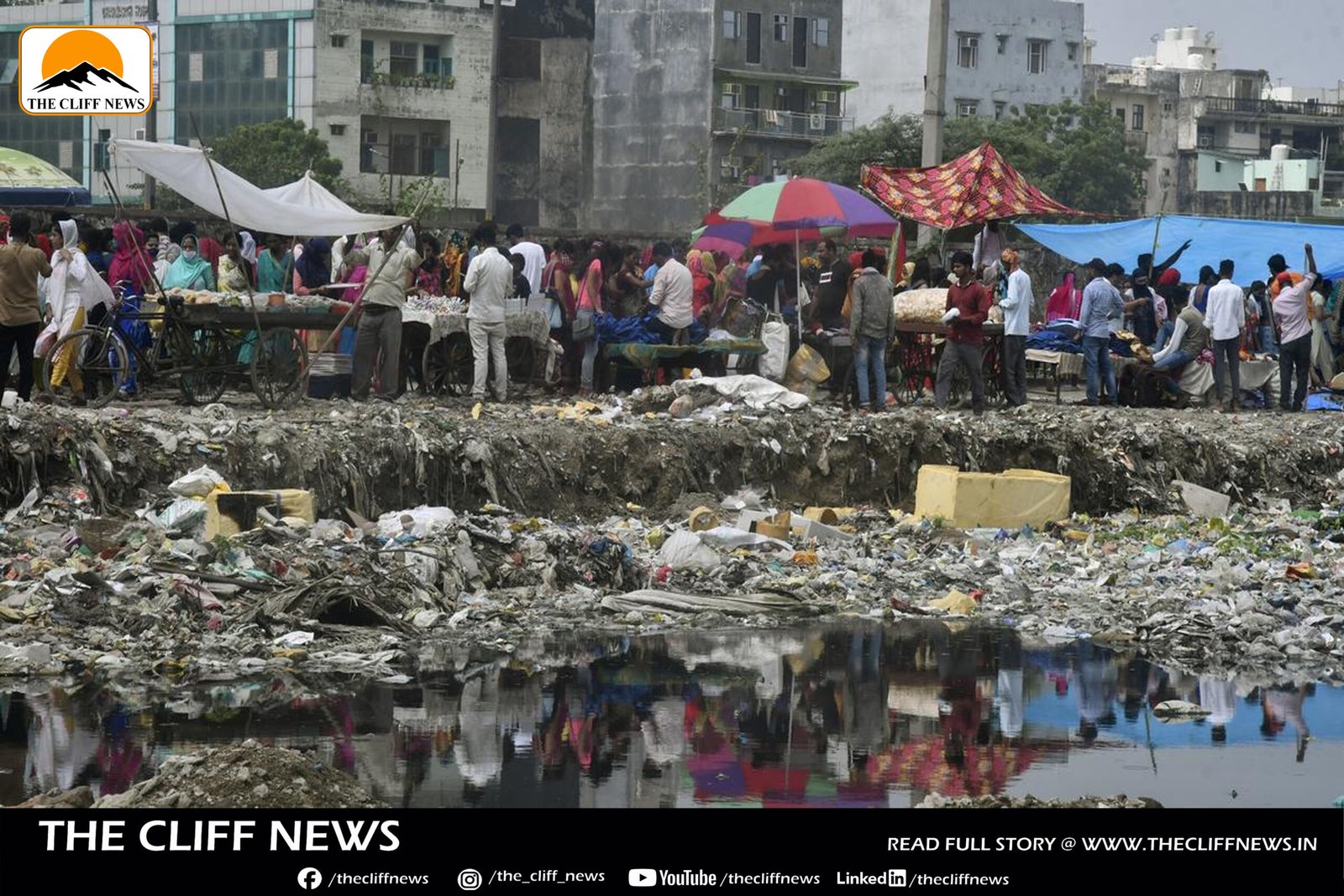Dengue cases are steadily rising in Karnataka even before the monsoon has fully set in. From January to April 30 this year, the state has reported 1,186 cases, including six hospitalisations, according to health authorities. Alarming figures show that 51 of these cases involve infants under one year, and 553 are children below 18 years of age, raising concerns about the disease’s impact on vulnerable age groups.
Health experts attribute the rise in cases to early summer showers, ongoing construction activity, and water stagnation, which have provided ideal conditions for mosquito breeding. In Bengaluru, residents are already feeling the impact, with the city accounting for 513 cases—about 43.2% of the total cases in the state. The numbers have surged from 707 cases as of March 2 to 1,186 by the end of April, with forecasts predicting more rain in the coming days.
While the current numbers are lower than the corresponding period in 2024, when Karnataka recorded 32,826 dengue cases—the highest in the country, health authorities remain cautious. Last year also saw 20 dengue-related deaths in Karnataka, placing it third behind Kerala (99 deaths) and Maharashtra (26 deaths). In comparison, 2023 recorded 19,300 cases and 11 deaths in the state.
Dr. Ansar Ahmed, State Joint Director of the Integrated Disease Surveillance Programme (IDSP), highlighted that all hospitalised cases this year are from Bengaluru’s BBMP limits. He emphasized ongoing awareness campaigns and monitoring efforts, stressing the importance of eliminating stagnant water around homes and workplaces to curb mosquito breeding.
“Not just mosquitoes, the current weather also promotes the growth of various pathogens including viruses, bacteria, and parasites,” Dr. Ahmed warned. “With the monsoon, communicable diseases that spread via contaminated water and the fecal-oral route also become common. Vigilance is key.”
Echoing these concerns, Dr. Haleema Yezdani, a Bengaluru-based general physician and diabetologist, noted that while heavy rains might temporarily wash away mosquito larvae, the stagnant water left behind can quickly become new breeding grounds, escalating the risk of vector-borne illnesses like dengue.
As Karnataka braces for more rains, health officials are intensifying preventive measures to avoid an outbreak, especially in high-risk zones like Bengaluru.



